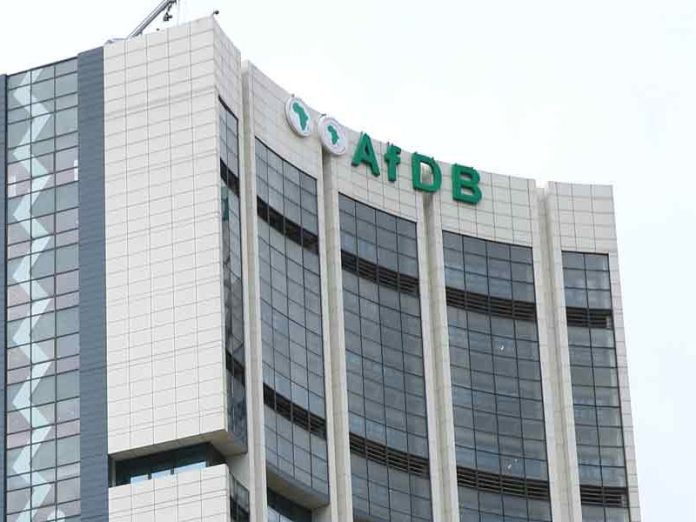BY BAMIDELE FAMOOFO
Africa received its highest proportion of private sector investment in infrastructure in 2020, sending an important signal to governments and investors.
African Development Bank Vice President for the Private Sector, Infrastructure and Industrialization, Solomon Quaynor, underlined this point during a webinar organized by the African Development Bank and the Japan International Cooperation Agency recently.
Quaynor said the greater private sector investment came as most African governments contended with the Covid-19 pandemic, limited fiscal space and high debt-to-GDP ratios. “Private sector investment into Africa’s infrastructure rose to $19 billion in 2020, representing 23 percent, the highest since 2016.
It is estimated that Africa needs between $67-107 billion annually to plug its infrastructure gap.
Vivek Mittal, CEO of the Africa Infrastructure Development Association, noted that four African countries – Kenya, South Africa, Ghana and Nigeria – accounted for the majority of private sector investment interest over the past two years.
Mittal said digital activity in transportation and electricity received the highest interest. Urban sanitation – a key infrastructure building block – lagged.
“Projects take too long – 8-10 years – in Africa,” he said, adding that slow development of local talent was another drawback.
The African Development Bank, the continent’s leading financier of infrastructure, has concluded in July 2022 a major public-private partnership transport infrastructure project in Kenya, the Nairobi-Nakuru-Mau Summit road PPP, the first PPP road project in Kenya with an investment of $150 million which JICA is also considering supporting “We would like to partner with JICA to do more,” Salawou said, noting at the same time that the Bank, earlier this year, co-financed the Nador West Med Port Project in Morocco with the European Bank of Reconstruction and Development.
Quaynor also highlighted the Africa Green Infrastructure Alliance, led by the African Development Bank, Africa50 and several global and African partners, including the African Union Commission and AUDA-NEPAD, Rockefeller Foundation, the European Investment Bank, the European Bank of Reconstruction and Development, Agence française de développement and the African Sovereign Investors Forum. The Alliance is seeking to develop green and smart infrastructure with scale and speed in energy, transport, water and sanitation, ICT, healthcare, and urban and rural infrastructure.
“We encourage JICA and JBIC to consider supporting this facility with concessional funds and grants. We also encourage Japanese private sector companies to contribute patient commercial capital to ensure that green infrastructure projects of scale are developed with speed in Africa,” Quaynor said.

